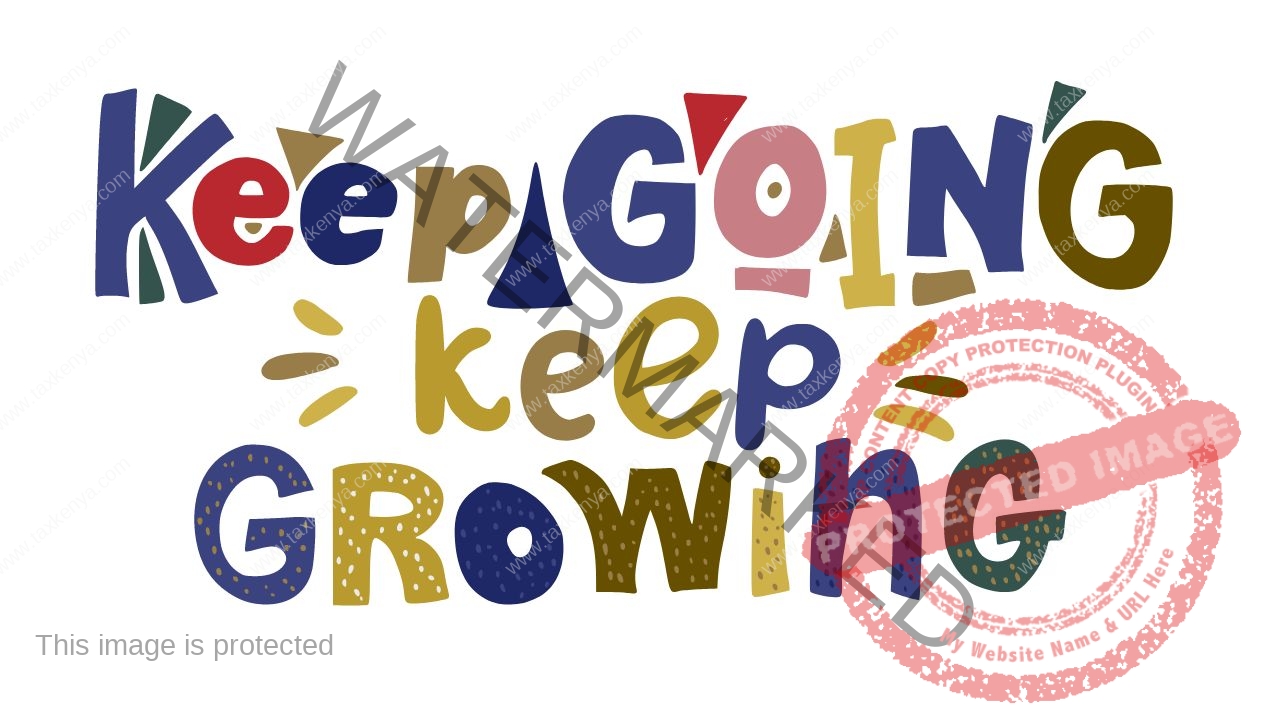Today is 28th March 2017, a few days before the reading of the national budget on 30th March 2017 for our country Kenya. This year, the national budget is being read in March instead of the traditional June reading.
The budget day is the day that the Cabinet Secretary (CS) of Finance Mr Rotich will tell us how much money we need for the next 12 months from 1st July 2017 to 30th June 2018 to survive as a country. The CS will also tell us where the money will come from. However, the CS will start by reminding us what he told us in June 2016 about the money we needed then as a country and where the country got that money from.
In the recent past, the national budget was read at the same time with the national budgets of then EAC countries: Tanzania, Uganda, Rwanda and Burundi. This year is exceptional because of the national elections in Kenya which are slated for August 2017, too close to the traditional June budget reading days.
On the budget day, Kenya country will be expecting the CS to explain in details about the money needed by the country for the following among numerous other expenditures:
- Development expenditure – roads, bridges, electrification lines, buildings, dams, tree planting, airport, hospitals and school buildings constructions etc.
- Recurrent expenditure – government wage bills, security, procurement.
- Domestic loans expenses – retire loans, interest repayments, repayment of principal amounts etc.
- International loans expenses – retire loans, payment of principal amounts, payments of interest amounts etc.
- Emergency funds – for drought, floods, fires etc.
- Savings – to caution our shilling from adverse effects of national and international financial performances.
- Donations – to our neighbours and the international communities.
- Miscellaneous expenditures.
Besides, the CS will explain the various sources of the money namely:
- Tax revenues – income tax (corporate income tax, PAYE, taxation of rental income, capital gains tax, turnover tax etc., VAT (domestic supplies and on imports), domestic excise taxes, customs duties and taxes).
- Non-tax revenues – fines (traffic and court), sale of properties (e.g forest trees), licenses ( mining, road), rental income (land, buildings), provision of services (certificates of good conduct, vehicle inspections) etc.
- Domestic loans – from local banks, from the public through local bonds such as mobile-based government bond (M-Akiba) etc.
- International loans – such as the syndicated loan from commercial banks (Standard Chartered, Standard Bank, Citi, Rand Merchant Bank), international institutions (World Bank, African Development Bank), infrastructure bonds etc.
- Grants.
- Donations.
For each source, the CS will explain the measures that will be taken to ensure that maximum revenue is generated so that the country does not suffer a budget deficit. These are the measures that will be taken to balance the books. The budget will have differing effects on different people. After the budget reading, some people will be happy while others will be very unhappy. Some will benefit while others will not. It will be a balancing act by the CS.
We look forward to hearing the measures the CS will propose to increase tax revenue mobilization and other domestic revenue mobilizations. Besides, we await to hear the measures the CS will propose to caution the low-income earners from the high cost of living and how to assist the current taxpayers comply with the tax laws.
Thank you for reading the article.
Dr. Wakaguyu Wa Kiburi.





